Articles
Can Mucus Cause Snoring?
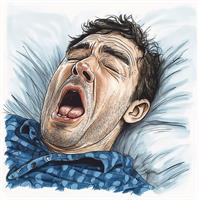 September 7th, 2024
September 7th, 2024
Mucus can cause snoring because of buildup in the airways. When excessive mucus accumulates in the nasal passages or throat, is causes blockage.
Benefits of Treating Sleep Apnea
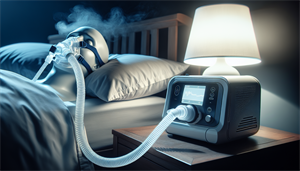 August 22nd, 2024
August 22nd, 2024
Treating sleep apnea improves REM sleep, cognitive function, and heart health, while also enhancing daytime alertness and reducing accident risks.
Autism and Sleep Apnea in Children
 August 22nd, 2024
August 22nd, 2024
Sleep apnea, common in children with autism, impacts behavior and development. Effective management includes CPAP therapy and healthy sleep routines.
Athletes with Sleep Apnea
 August 22nd, 2024
August 22nd, 2024
Athletes, often prone to sleep apnea, face performance and health challenges. Management includes CPAP therapy, sleep hygiene, and a healthy lifestyle.
Are Sleep Apnea Machines Safe?
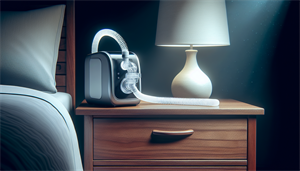 August 22nd, 2024
August 22nd, 2024
CPAP machines are safe for sleep apnea with correct use and maintenance, and alternatives exist for those who struggle with CPAP therapy.
Allergies and Sleep Apnea
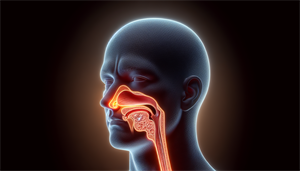 August 22nd, 2024
August 22nd, 2024
Understanding the Link Between Allergies and Sleep Apnea: Symptoms, Risks, and Management Strategies
ADHD and Sleep Apnea
 August 22nd, 2024
August 22nd, 2024
ADHD and sleep apnea share symptoms like concentration issues, complicating diagnosis. Treatment includes lifestyle changes, medication, and behavioral therapy.
CPAP Settings for Sleep Apnea
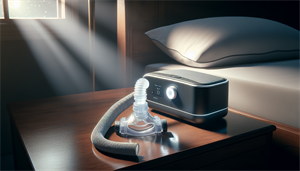 August 22nd, 2024
August 22nd, 2024
Proper CPAP settings, determined by sleep studies and maintained regularly, are crucial for effective sleep apnea treatment.
Why Is My Husband Still Snoring With CPAP?
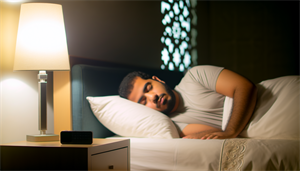 August 22nd, 2024
August 22nd, 2024
Learn to breathe through your nose while sleeping with strategies like managing congestion, changing sleep positions, and using nasal aids for better health.
Anti Snore Micro CPAP Devices
Micro CPAPs, a new tech for sleep apnea, lack clinical proof and FDA approval, unlike traditional CPAPs. Effectiveness and safety remain uncertain.